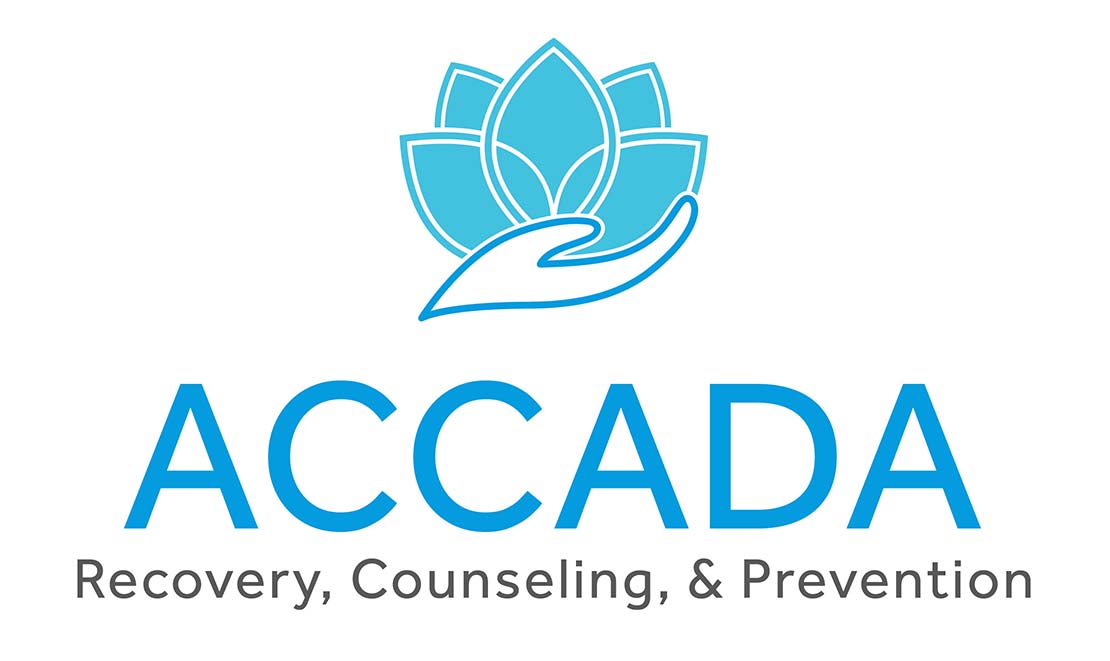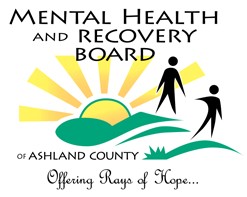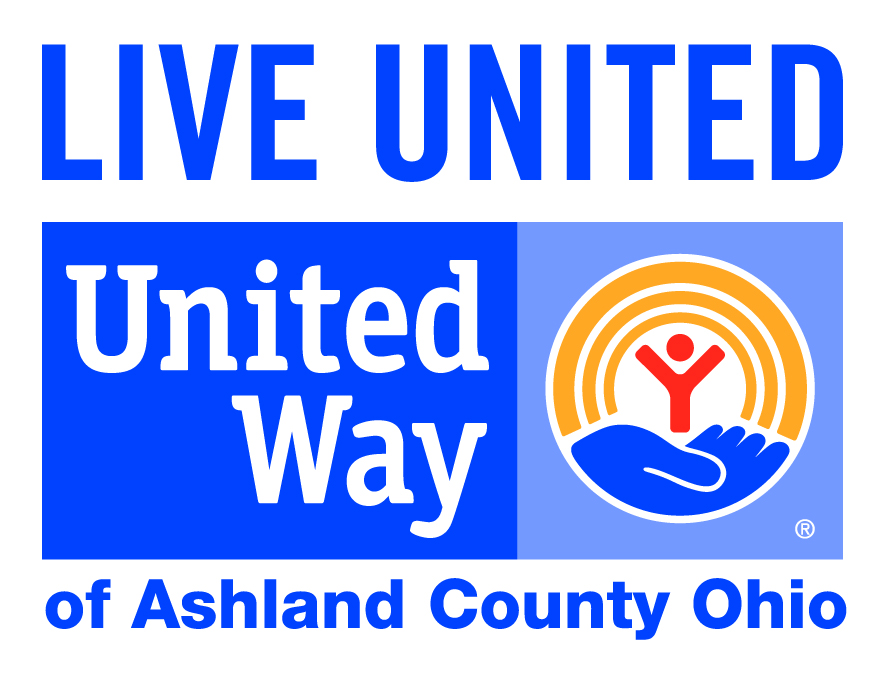Recognizing Painkiller Misuse

As hard as we try as parents to keep our children, metaphorically, wrapped in bubble wrap, we just can’t ensure that nothing bad will happen to them. Sometimes life doesn’t go as planned and they get badly injured or need surgery.
Whether your teen needs their wisdom teeth removed, or they break a bone in a soccer game, the pain resulting from the injury and/or surgery will most likely lead to medically prescribed painkillers.
Unfortunately, these pain killers can go from being your child’s biggest relief to their worst nightmare. While they do help to provide comfort and pain relief, they are also extremely addictive. The tough reality is that your child could be made susceptible to misusing these prescriptions.
What Is Addiction?
The process of addiction happens very quickly. As your child starts to take pain killers, the body develops a tolerance and starts to require more to feel the same amount of relief. In addition, if they aren’t taking enough, they will then start to experience withdrawal symptoms.
When dependence on the drug and fear of withdrawal set in and interrupt daily life, addiction has already started.
It’s important to be able to recognize the addictive opioids in case your child is given them. Some of the most common include Codeine, Hydrocodone (Vicodin), Morphine, Oxycodone (Oxycontin or Percocet), and Fentanyl.
What Are the Symptoms of Painkiller Misuse?
Being able to recognize the symptoms of painkiller misuse will aid you in being able to help your child towards recovery. Your teen will show some obvious symptoms if they are misusing painkillers such as:
- Nausea
- Slowed breathing
- Sluggish movements
- Excessive drowsiness
- Confusion and disorientation
In addition to these symptoms, opioid misuse can cause behavioral changes. Your teen may become more aggressive and try to provoke conflict with those around them.
What Can I Do As a Parent?
Researching these opioids, and any medication your child is prescribed is a good first step to learn more about how your child should be taking them and understanding how they may be affected.
Following your doctor’s instructions is also very important in making sure your teen is not overusing the medications when they are first prescribed.
Finally, catching the problem before it goes too far is extremely effective. Understanding the signs of withdrawal can help you recognize when your child is struggling and together you can find help for them.
Symptoms of withdrawal can include:
- Muscle spasms
- Nausea, vomiting, and diarrhea
- Aches and pains
- Agitation or restlessness
- Cold sweats
- Seizures
Addressing potential addiction is not easy. Whether you’re discussing prevention with your child or helping them find ways to recover from misuse, it will be a challenge. Knowing your resources for support will help make the process easier.
For more information, check out our video including local testimonies and inspiring stories.



